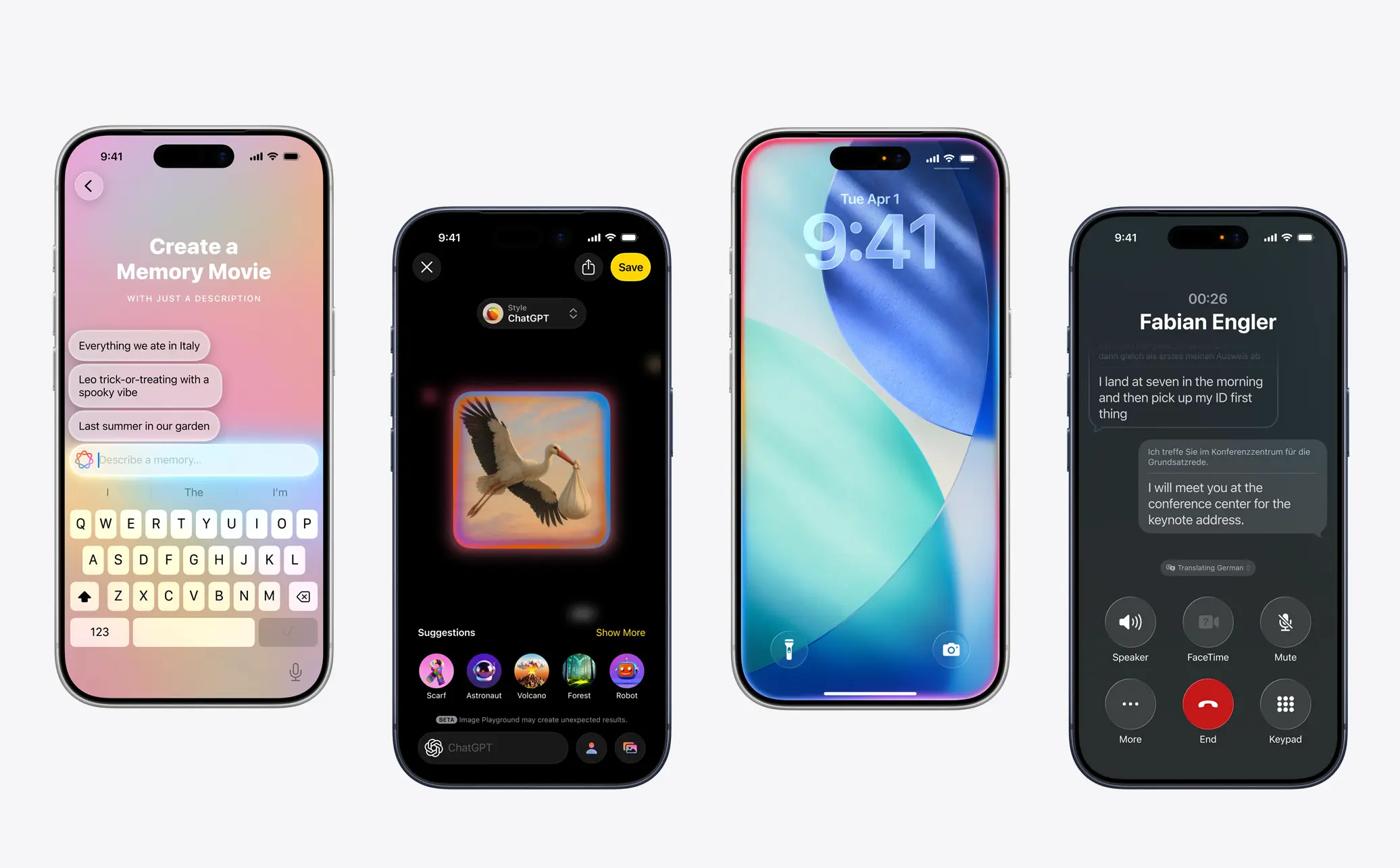OpenAI restructures as public-benefit corporation, non-profit board keeps control
Updated on
Published on

OpenAI, maker of ChatGPT, says it will convert its for-profit arm into a public-benefit corporation while keeping ultimate control in the hands of its original non-profit board. CEO Sam Altman told staff the change simplifies a “cumbersome” structure that capped investor returns and hampered fundraising, yet preserves the group’s founding mission to develop AI “for the benefit of humanity”. The non-profit will receive a large, still-undisclosed equity stake in the revamped company and retain a veto over key decisions.
The move follows months of backlash from former staff, academics and co-founder Elon Musk, who warned that rapid commercial expansion risked derailing OpenAI’s altruistic goals. Last month critics asked regulators in Delaware and California to block an earlier overhaul plan; chair Bret Taylor said Monday’s blueprint was hammered out after “constructive dialogue” with those offices. By adopting the US public-benefit model, OpenAI joins firms like Patagonia and Kickstarter that can legally balance profit with a stated social purpose, easing concerns that shareholders alone will drive strategy.
Investors including Microsoft – which has poured billions into OpenAI – are expected to welcome the clearer path to returns, though sceptics say questions linger over who owns the firm’s crown-jewel models and how safety research will be prioritised. Altman argued fresh capital is vital to keep advancing AI and spreading access, adding: “Growth and our mission go hand in hand … we trust humanity that the good will outweigh the bad by orders of magnitude.” Whether regulators and critics agree will shape a looming approval process and the next phase of the AI race.







